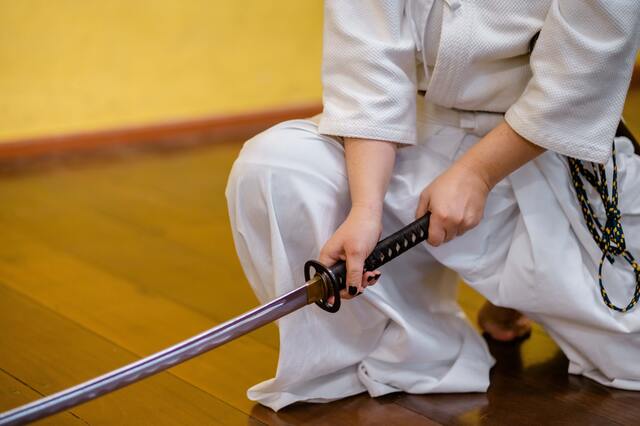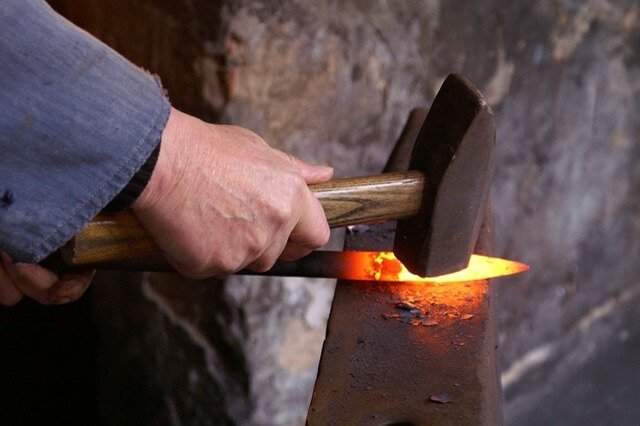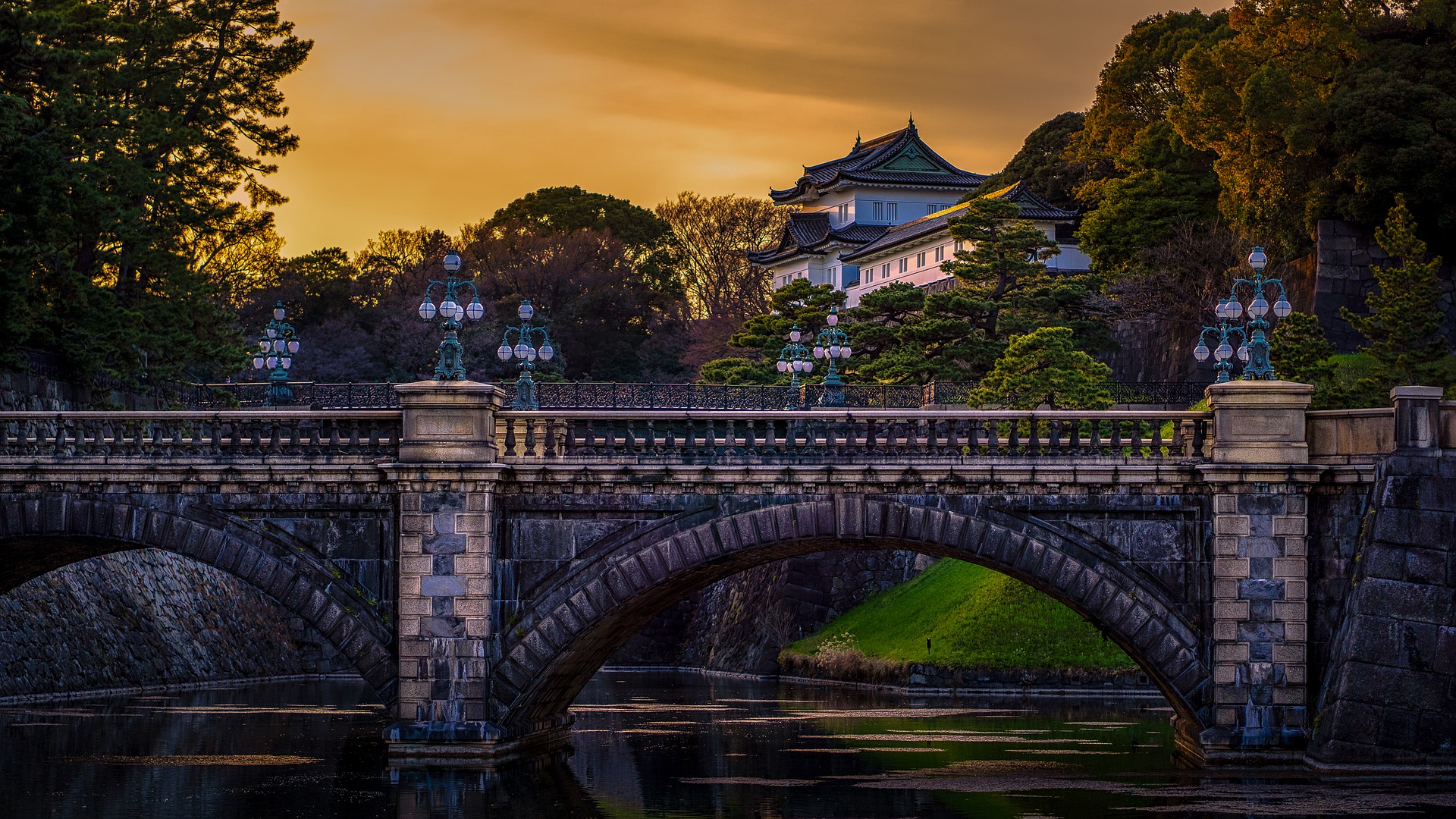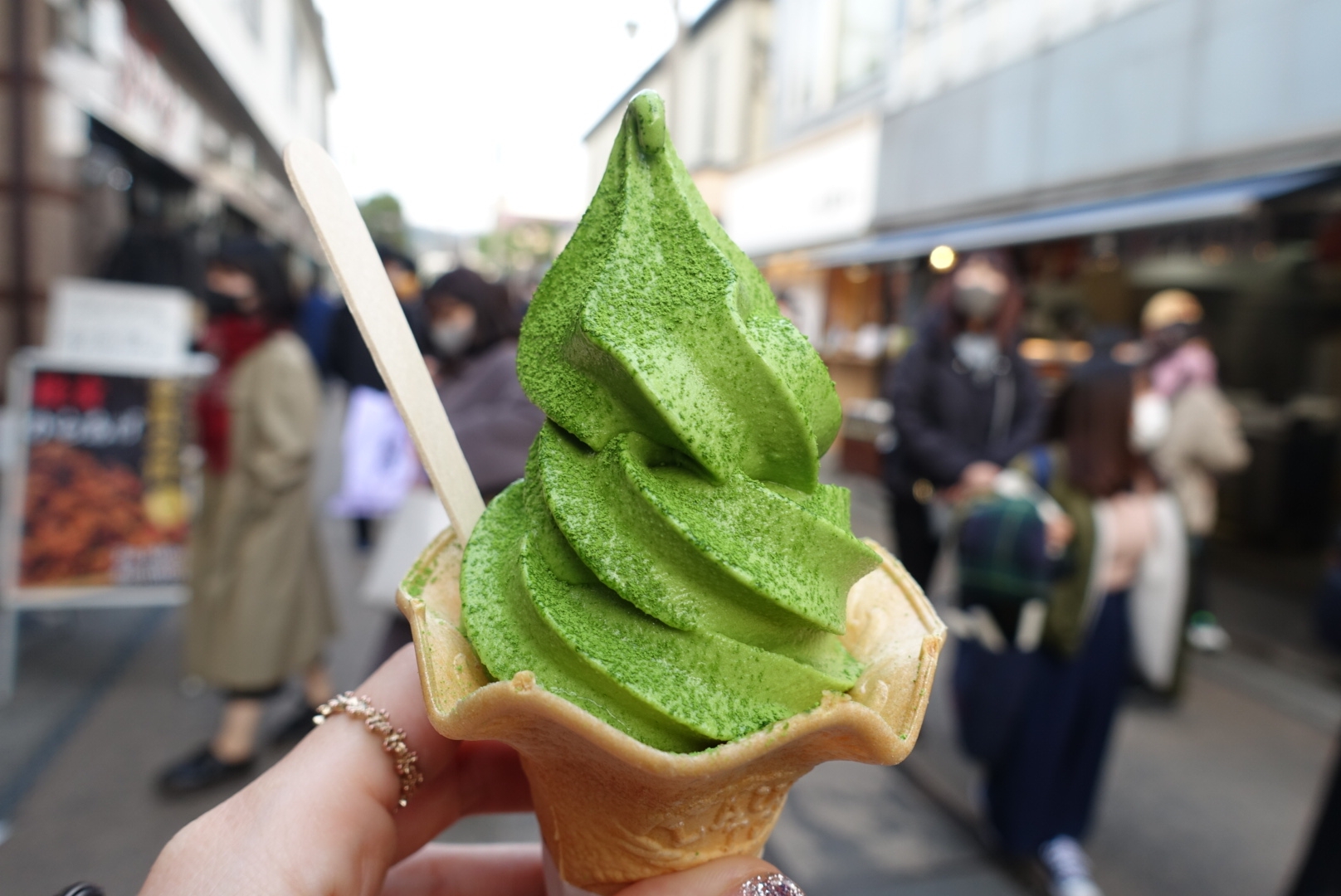If you are interested in Japanese history, this may not be your first time to hear the word Samurai. But who are they? How did they originate, thrive and eventually disappear in the long history? Here you can find a brief history of samurai and understand its role, and how they became so powerful in Japan. We will also introduce the basic concept of Bushido, the way of the samurai and the best experiences that you can find in Japan!
1.What are Samurai?
Samurai, also known as Bushi, are Japanese aristocratic warriors. They first appeared in Japanese history around the 10th century, and held significant power as the highest social caste until the end of the Edo period in 1868.
During the Heian Period (794-1185), Imperial nobles and wealthy landowners started to hire samurai as their armed supporters for the purpose of their own protection. After the Kamakura Shogunate, the first feudal military government in Japan was established by Minamotono Yoritomo in 1192, samurai started to be treated as a loyal retainer who officially served Shogun, the military commander of the Shogunate.
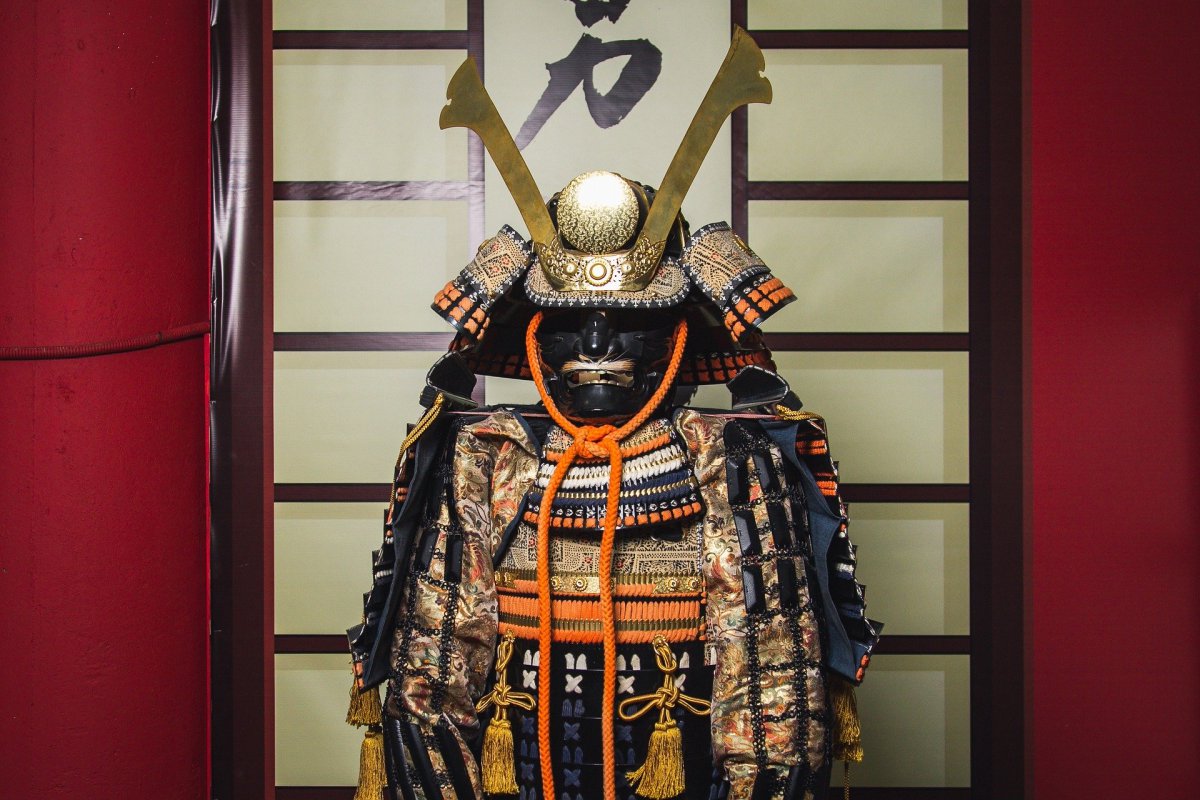
During the Sengoku Period (1467-1590), Japan entered a chaotic period which is often characterized by a series of civil wars and provincial battles among powerful samurai warriors. They are called Daimyo (also known as feudal lords), and fought one another to secure their territory with an ambition to unite the entire country. It was eventually accomplished by Toyotomi Hideyoshi, a famous samurai warrior in 1590.
After the establishment of the Tokugawa Shogunate in 1603, Samurai were ranked at the top of the new social caste system. This hierarchy consists of four distinctive social classes including samurai, farmers, artisans, and merchants. Samurai were exclusively allowed to own their swords and family name, and served feudal lords who ruled independent domains called Han (藩), which is similar to prefectures today.
In 1868, the Tokugawa Shogunate was finally overthrown and Japan entered the new period known as the Meiji period. While a series of new policies were implemented by the new government which encouraged westernization in the whole country, the previous social caste system was officially abolished and samurai lost their privileges.
2. What is Bushido?
Bushido, also known as the way of the warrior, refers to the moral code of chivalry conducted by samurai. It can be divided into two separate words: Bushi which means samurai, and do which means a way. In general, it consists of the seven virtues below that should be followed by samurai:
- 義 (Gi) Justice
- 勇 (Yu) Courage
- 仁 (Jin) Benevolence, Mercy
- 礼 (Rei) Respect
- 誠 (Makoto) Honesty
- 名誉 (Meiyo) Honor
- 忠義 (Chu-gi) Loyalty
This unique and strict code was used as a fundamental principle of self-discipline, molarity, respectful behaviors and loyalty to their masters among samurai warriors.
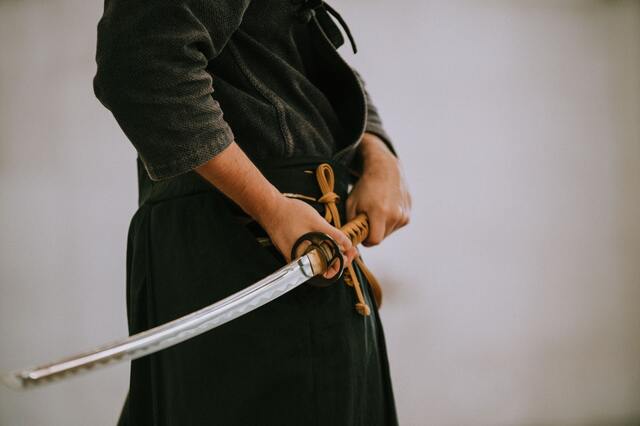
3. Best Samurai Experiences in Japan
There are some experiences where you can actually learn and practice bushido in Japan. Some experiences are taught by a samurai descendant to get the authentic experience, but also there are some tours where you can go and wear the samurai suits and take pictures.
Pick up the best experience that matches your needs!
- Train your inner spirit in a samurai & ninja training (Tokyo)
This is a samurai and ninja training class instructed by a professional and enthusiastic martial arts teacher. During the class, not only samurai training (kenjutsu and Iai), it will be focused on mental strength and developing an inner body sense as well. This 2 hours class includes both samurai and ninja experience and zen meditation. - Make your own samurai knife with a certified swordsmith (Gifu)
Learn how to make your own samurai knife from one of the most important swordsmiths in Japan! Although usually it’s said you will need at least 10 years of training to make a good knife in the traditional way, you can learn and make your one-and-only knife in just one day at this workshop. - Cool Kyoto walking tour with the Last Samurai (Kyoto)
Explore the beautiful city of Kyoto with Samurai Joe, an incredibly knowledgeable guide who takes you on an unforgettable tour around the historic city. His charismatic and humorous character attracts many people from all over the world and it’s one of the most popular tours for samurai experiences. He also offers the online tour during the pandemic so that you can enjoy Kyoto with him while staying at home! - Dress up like a samurai & enjoy samurai dance (Tokyo)
Not only can you wear the samurai outfit and take pictures, but also you can learn the traditional dance that samurai used to dance before the battle called kenbu (sword dance). Learn the deep insight of samurai spirits from professionals while enjoying dressing up like samurai! - Enjoy samurai experience at dojo (Tokyo)
Samurai descendants teach you how to be a proper samurai including learning the philosophy and how to use the katana (sword). If you want to get a more authentic experience and learn deeply about samurai culture rather than just having fun, this workshop will be a perfect choice to be on your bucket list!
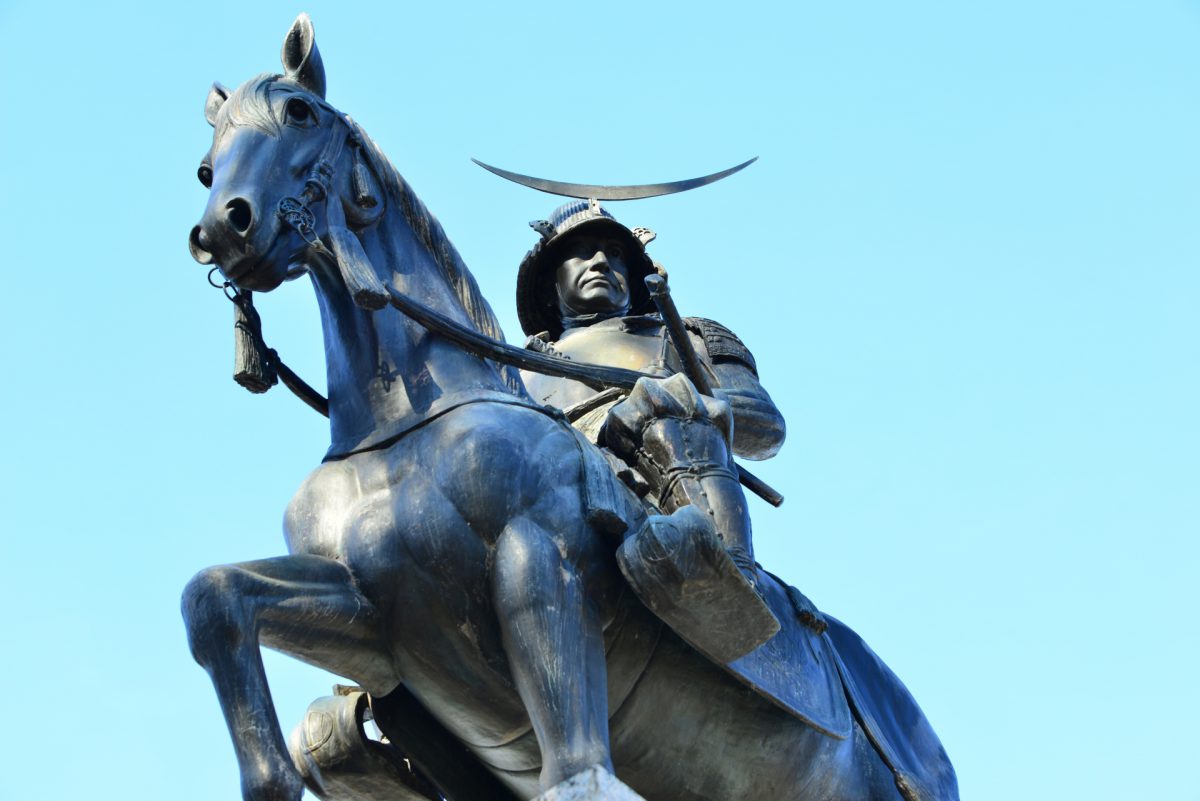
Although you can’t see real samurai anymore, there are exciting tourist spots and tours around Japan that offer incredible samurai experiences. Learning samurai spirits will enrich your mind and thoughts, why don’t you join one of the samurai experiences we introduced above?
Follow us on Instagram, Facebook and Twitter for more travel inspiration. Or tag us to get featured!
Happy traveling!
Stay informed of the best travel tips to Japan, the most exciting things to do and see, and the top experiences to have with the Japan Wonder Travel Newsletter. Every week we will introduce you to our latest content.
Other articles you may like




Miho Shimizu is a Japanese freelance writer settled in Shizuoka with her husband and two rabbits. Fascinated with travelling at the age of 18, she has spent most of her long holidays exploring incredible spots around Japan. Also love to listen to music, draw, and read novels over a cup of green tea.
This post may contain some affiliate links. When you click through and make a purchase we may receive some commission, at no extra costs to you.

